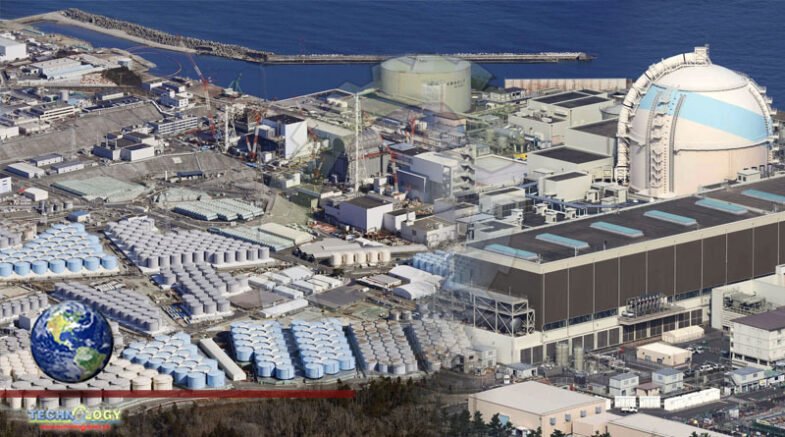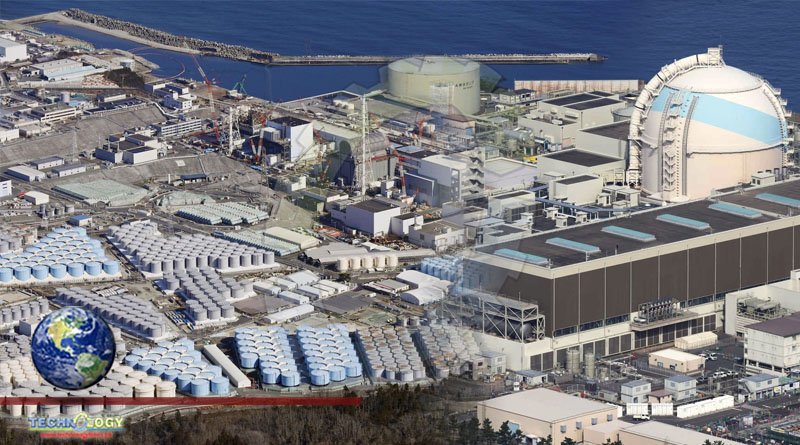Global public awareness of nuclear power’s role in lowering emissions for a net-zero world while ensuring energy supply has increased interest in starting or expanding nuclear power.

The International Atomic Energy Agency’s Vienna headquarters hosted the three-day Workshop on Reimagining Nuclear Energy from April 26–28. There were more than 60 attendees from 32 nations and five international organisations.
The workshop on Reimagining Nuclear Energy was a follow-up to a gathering that took place at the International Ministerial Conference on Nuclear Power in the 21st Century last year. That gathering also featured artwork from a nuclear energy art competition that Generation Atomic and the IAEA jointly sponsored.
In order to “reimagine” nuclear energy, which produces 25% of all low-carbon electricity but still faces opposition from the public, stakeholders and communications experts met with representatives from academia, government, and industry at the IAEA.
IAEA Director General Rafael Mariano Grossi urged participants to be outspoken in their communications and outreach about nuclear energy’s role in combating climate change in his concluding remarks.
There is no need to be shy when starting our conversations, Mr. Grossi said. “What we are doing is a component of the answer to a universal existential issue. And because it is true, I believe this affirmation to be very significant.
Global public awareness of nuclear power’s role in lowering emissions for a net-zero world while ensuring energy supply has increased interest in starting or expanding nuclear power.
With new reactors being built in Bangladesh, Egypt, and Turkey, 32 nations currently use nuclear power, and another 30 are considering it or have already started. The IAEA’s most recent nuclear energy projections show that capacity will more than double to 873 gigawatts net electrical (GW(e)) by 2050 from its current levels of around 368 GW (e).
Public acceptance is still a major obstacle to the use of nuclear energy in many nations. The successful implementation, operation, and expansion of all nuclear facilities, including nuclear power plants, still depend on fostering relationships with stakeholders, building trust with them, and explaining nuclear energy to them.
“We need to understand opinions and concerns, then respond appropriately,” said Sharon Kanana, a nuclear medicine technologist at Kenyatta University Hospital in Nairobi and vice president of the Kenyan Young Generation in Nuclear. “To gain community support and public acceptance of nuclear energy, we need to understand opinions and concerns, then respond appropriately.”
The IAEA held a highly interactive workshop on Reimagining Nuclear Energy to meet the growing needs of countries in this area in developing programmes for engaging stakeholders and communicating about the benefits and risks of nuclear technologies.
Zion Lights, a science communicator from the United Kingdom, said that the event was highly interactive and featured a diverse range of presentations, music, videos, panel talks and hands-on exercises.
He said that the workshop was part of a new drive by the IAEA to meet the growing needs of countries in this area in developing programmes for engaging stakeholders and communicating about the benefits and risks of nuclear technologies.
Participants shared experiences and lessons learned from engaging and communicating with various stakeholders as they demonstrated their efforts and strategies for public outreach for nuclear energy.
Public opinion polling on nuclear energy was one of the topics discussed, along with opera singing in the US with pro-nuclear lyrics, art depicting a fresh, optimistic, and futuristic view of nuclear energy, the significance of public information centres at nuclear power plants, the necessity of directly interacting with local communities to address their needs and concerns, and working with young students who have no prior knowledge of nuclear science.
Former educator Lujain Khalaileh, now a nuclear engineer for the Jordan Atomic Energy Commission, spoke about how she once dealt with students’ misconceptions about nuclear energy by setting up in-class discussions on the distinctions between nuclear energy’s use for military purposes versus its peaceful uses in energy production, medicine, industry, and agriculture. My students gave the word nuclear a more positive spin, she claimed.
“At the Jordan Atomic Energy Commission, we are currently working as a team to develop a new perception of nuclear energy in various Jordanian regions by engaging in numerous activities with our stakeholders.”
“My attendance at this workshop has unquestionably improved Jordan’s nuclear energy program’s stakeholder involvement strategy. It has been a wonderful experience to exchange ideas with the outstanding participants from over 30 countries.”
The IAEA is developing new services to meet national needs, including an advisory service and a school on stakeholder engagement, as it prepares for its first-ever international conference on stakeholder engagement, scheduled for 2025. The workshop’s input will be condensed into a report that includes highlights, key takeaways, and best practises.
Mark Nelson, a nuclear engineer based in Chicago and the Founder and Managing Director at Radiant Energy Group, said of the event: “This event brought together those who have built national nuclear programmes, who are about to build programmes, those who have promoted nuclear around the world, and some who have only recently discovered the promise of nuclear.” The workshop itself succeeded in what it set out to do, which was to reimagine nuclear energy for the modern age.
